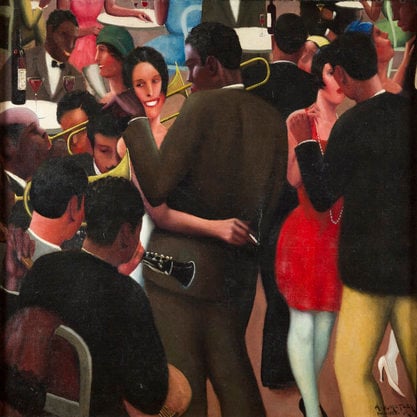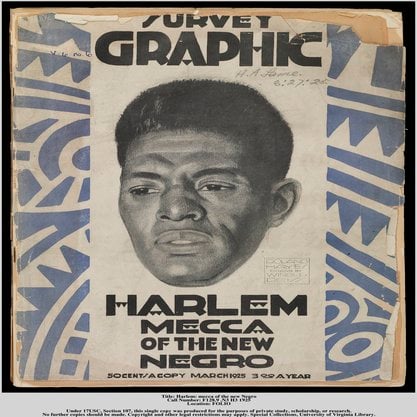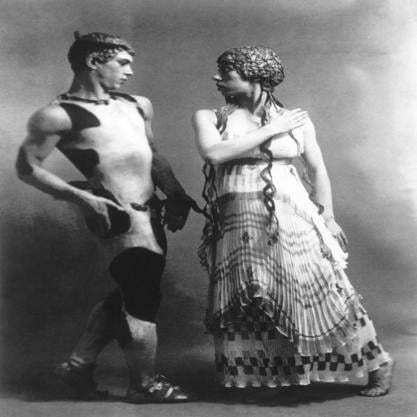Article
Bernstein, Leonard (1918–1990) By Cahn, Geoffrey S.
Article
Leonard Bernstein was the first American-born conductor to be trained entirely in the United States, and to lead a major symphony orchestra, the New York Philharmonic. As a conductor, he attained international acclaim, leading the great orchestras of the world. He was also recognised as an accomplished pianist and, more prominently, an innovative communicator and educator. As a composer, he was the first twentieth-century symphonist to write for the Broadway stage. If West Side Story (1957) is his most popular work, his other compositions written for both the theatre and the concert hall display additional piquant styles that are gracefully classical, uncannily mystical, sensual, and jazzy. He incorporated modern methods of serialism into some of his works but remained largely a tonal composer. His Jewish faith and ethnicity impacted his music as well. Making ample use of early television programming, the charismatic communicator helped millions understand and love music. During his multi-faceted career, Bernstein also became an active voice for social justice and civil rights.


